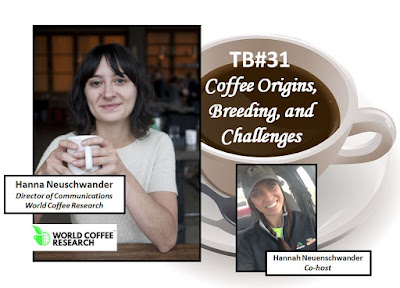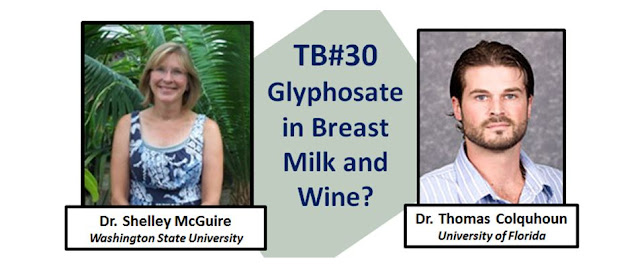Talking Biotech #32 -- In Search of Celiac-Safe Wheat

This week's podcast talks about the efforts at Kansas Wheat Innovation Center and the work of Dr. Chris Miller. He's searching for wheat varieties that lack the sequences in the proteins that comprise gluten (giladin and glutenin) that trigger immune response. These could be very helpful in breeding new varieties. There also are gene-editing solutions in the works. With guest host Kevin Klatt from Cornell University.





